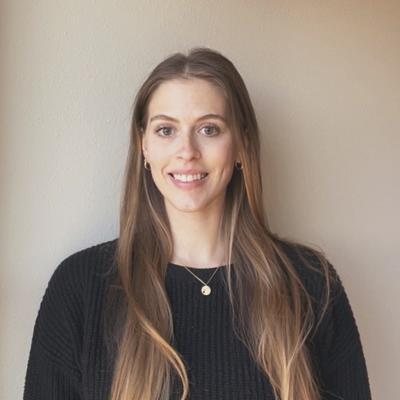Reflectance April 2020
Recent Publications and Materials, $1.2 Million to Earth Data Science Corps, Earth Lab by the Numbers, NEON is Seeing the Next Revolution in Ecology

Recent Publications and Materials
- Spatiotemporal wildfire extremes: understanding drivers of ignition and spread (Joseph et al, Ecological Applications)
- Repeated Fires Reduce Plant Diversity in Low-Elevation Wyoming Big Sagebrush Ecosystems (1984-2014) (Mahood & Balch, Ecosphere)
- Wildfire smoke exposure under climate change: impact on respiratory health of affected communities (Reid & Maestas, Current Opinion in Pulmonary Medicine)
- Invasive grasses increase fire occurrence and frequency across U.S. ecoregions (Fusco et al, Ecological Applications)
- If the trees burn, is the forest lost? (Iglesias & Whitlock, Philosophical Transactions of the Royal Society B)
- Earth Analytics Courses in R and Python; Earth Analytics Bootcamp Course; Introduction to Earth Data Science Textbook (Wasser, Palomino, & Holdgraf)

Earth Analytics Education Director Leah Wasser assists a postdoctoral researcher. (Credit: Lauren Herwehe)
$1.2 Million to Earth Data Science Corps
Earth Lab is proud to announce that their Earth Analytics Education Initiative received an NSF grant for the project, Earth Data Science Corps - Fulfilling Workforce Demand at the Intersection of Environmental Science and Data Science. Partnered with United Tribes Technical College, Oglala Lakota College, Front Range Community College, and Metropolitan State University of Denver, the grant includes $1.2 million in funding over the course of 3 years.
The Earth Data Science Corps is a several month-long program aimed at teaching faculty and students at tribal and minority-serving institutions key data science skills needed in today’s workforce. The program first begins with training instructors to teach an introductory Python course. It then expands to students via trainings, professional development, and an Earth Analytics Bootcamp course, finally applying their knowledge to a paid internship.
Despite the significant career potential and opportunity in Earth data science, many institutions face significant challenges to providing programs that specialize in the field. The Earth Data Science Corps’ main mission, now supported by NSF funding, is to provide students with the ability to pursue the numerous careers available, equalizing opportunity and filling the gap in the workforce.
Original Press by Lauren Herwehe and Ally Faller

Participants of the 2019 NEON Science Summit listen to speaker on Day 3 of the "unconference"
(Credit: Victoria Scholl)
NEON is Seeding the Next Revolution in Ecology
The National Ecological Observatory Network (NEON) became fully operational across 81 sites in May 2019, and represents an unparalleled investment in continental-scale ecology. We believe NEON will precipitate the next big shift in the discipline with the help of the current and emergent community.
Earth Lab hosted the first NEON Science Summit at the University of Colorado (CU)–Boulder in October 2019 to bring together the early NEON adopters already exploring topics such as biodiversity and environmental change across space and time scales. Together there have been over 80 publications using NEON assets. The Summit convened 168 scientists for an “unconference” (a loosely structured, participant-driven meeting) that prompted more than 70 ideas on how to use NEON data.
The Summit identified two emergent Grand Challenges that are critical if NEON is to reach its full potential: building open data skills for all ecologists and linking NEON to the larger environmental data constellation.
We believe the network’s growing pains may reflect the fact that many current and future ecologists have yet to fully adopt NEON because of these two Grand Challenges. We envision that NEON will be a cornerstone of our science for the next three decades, but we need our research community to promote a new ecology, embracing new data skills, data-driven inquiry and analytical approaches, coordinated and large-team science, and a commitment to open science. We are just getting started in this new phase of ecology.
This article was a collaboration between researchers at CU Boulder and UC Santa Barbara. Read the full editorial in the February 2020 edition of Frontiers in Ecology and the Environment.





